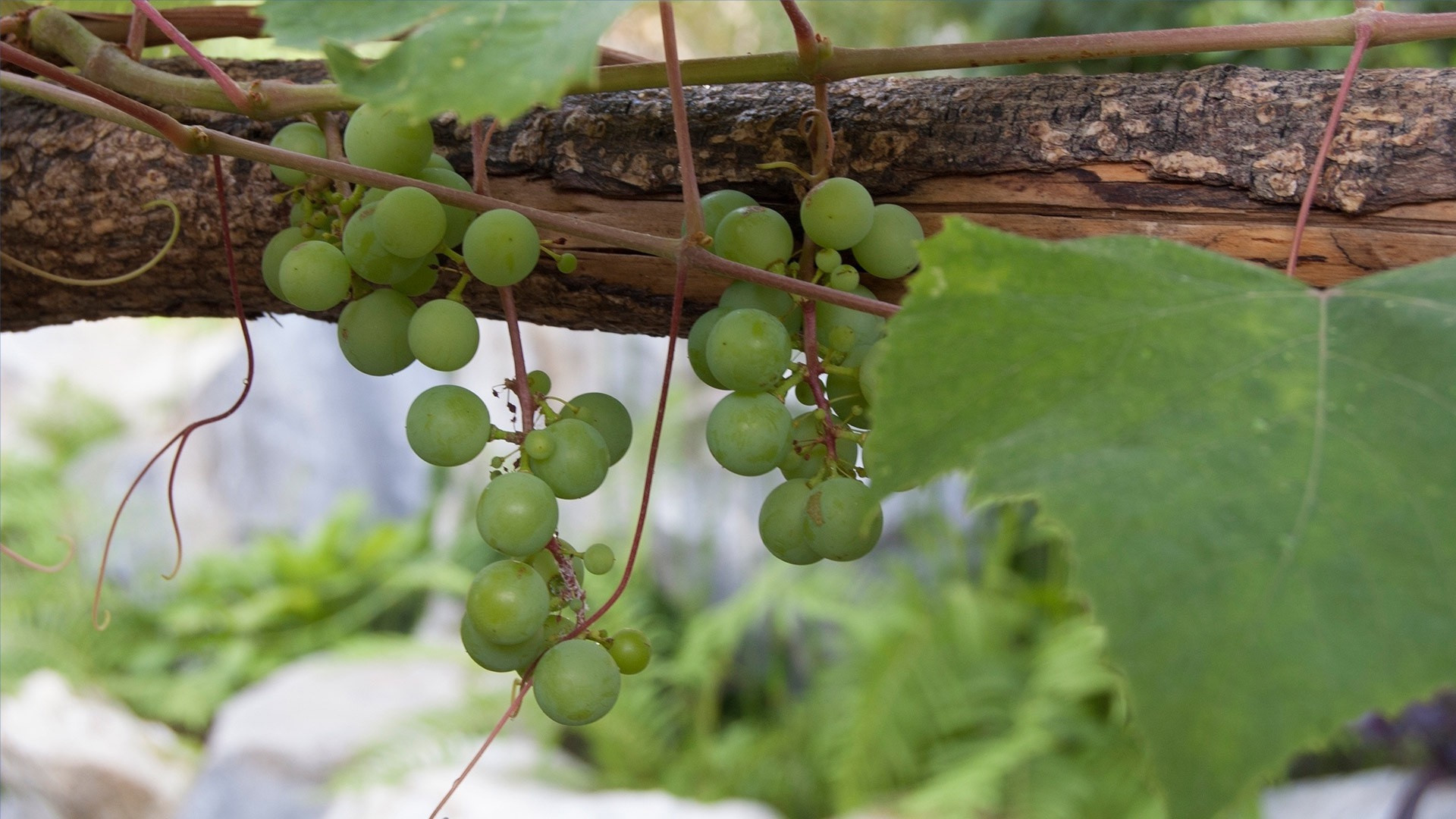
John 15:1-8
Fifth Sunday of Easter B
1 “I amI the trueII vine,III and my FatherIV is the vinegrower.V
2 He removesVI everyVII branchVIII in me
that bearsIX no fruit.X Every branch that bears fruit he prunesXI to make it bear moreXII fruit.
3 You have already been cleansedXIII by the wordXIV that I have spoken to you. 4 AbideXV in me as I abide in you. Just as the branch cannotXVI bear fruit by itself unless it abides in the vine, neither can you unless you abide in me.
5 I am the vine; you are the branches. Those who abide in me and I in them bear muchXVII fruit, because apart fromXVIII me you can doXIX nothing. 6 Whoever does not abide in me is thrownXX away like a branch and withers;XXI
such branches are gathered,XXII thrown into the fire,XXIII and burned.XXIV 7 If you abide in me and my wordsXXV abide in you, askXXVI for
whatever you wish,XXVII and it will be doneXXVIII for you. 8 My Father is glorifiedXXIX by this, that you bear much fruit and becomeXXX my disciples.XXXI
Image credit: “Vineyards, Watchtowers and Wineskins” by David Padfield, 2015.
